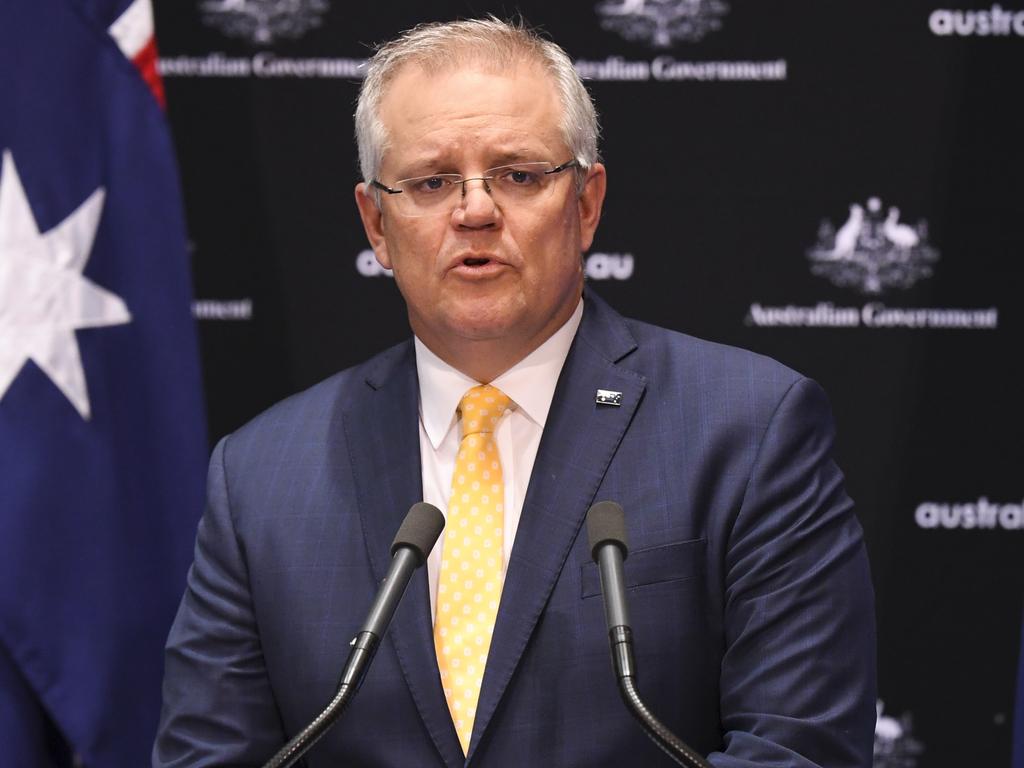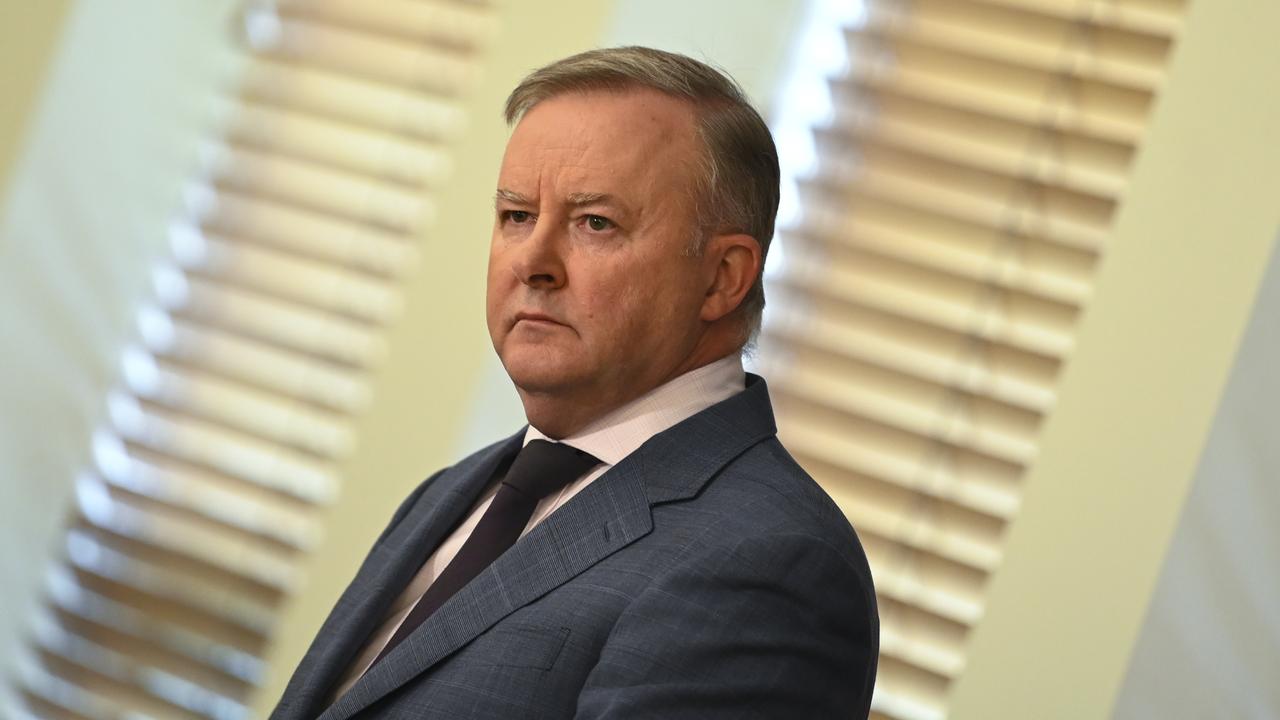Coronavirus Australia: Daniel Andrews is needlessly hobbling the class of 2020

The fact Victorian students will miss almost three months of formal classroom teaching — term one ended on March 24, term three starts on July 13 — explains federal Education Minister Dan Tehan’s exasperation last weekend.
What Andrews ignores is the Australian Health Protection Principal Committee, of which Victoria’s Chief Medical Officer is a member, has concluded there is minimal risk of COVID-19 infecting students.
A memo dated April 16 states only 2.4 per cent of confirmed cases in Australia have involved school-aged children. The AHPPC also states: “For most people, COVID-19 is experienced as a mild disease. The focus on reducing transmission is to ease the burden on our health system rather than eliminate the spread.”

Research commissioned by the NSW government and led by Kristine Macartney of the National Centre for Immunisation Research and Surveillance also concludes it’s safe for students to return to school. Macartney told SBS: “We think there’s very little child-to-child transmission and low likelihood of child-to-adult transmission as well.”
Even the left-leaning The Conversation website supports the stance taken by the Morrison government, publishing an opinion article last week: Five Reasons It’s Safe for Kids to Go Back to School.
These include: children having a much lower infection rate while infected children suffer less severe symptoms; children are not the primary spreader of the disease; the virus appears to not spread from child to child; and there is little evidence closing schools will restrict the spread of the virus in the broader community.
Keeping schools shut and relying on virtual classrooms especially disadvantages those students already most at risk as measured by school completion rates, the National Assessment Program — Literacy and Numeracy tests, Year 12 ranking as measured by the Australian Tertiary Admissions Rank and tertiary entry. Students where English is a second language, those from single-parent homes and those with low socio-economic backgrounds or living in isolated rural communities do not have the same access to the internet and digital technology and places to study as those from more affluent backgrounds where parents can often be well-educated professionals.
Not all students have siblings at university or the resources to pay tutors so it’s obvious while some are advantaged by closing schools, others miss out and are in danger of falling further behind.

While computer companies and those selling educational software extol the virtues of digital learning and virtual classrooms it’s also the case that education involves a community of learners where students and teachers need to interact face to face to be engaged and motivated.
Failing to allow schools to re-open in Victoria will especially adversely affect Year 12 students — ATAR is a national ranking crucial for tertiary entry. The longer Victorian Year 12 students are at home and denied structured, formal classroom teaching the less chance they will have to compete on a level playing field.
And suggested remedies involving universities ditching the ATAR and relying on Year 11 results for tertiary entry ignore the reality, as Year 11 assessments are school-based, not statewide external examinations. It’s impossible to ensure comparability of results across schools or to verify a student’s work is their own.
Andrews’s unwillingness to accept the advice of medical experts and the research concluding it’s time for students to return to school is not the only thing adversely affecting educational standards in the state.
Illustrated by international literacy and numeracy tests including the Trends in International Mathematics and Science Study, the Program for International Student Assessment, and the Progress in International Literacy Reading Study, Victorian students (and Australian students generally) underperform compared with overseas students.
The longer Victorian students are absent from school receiving rigorous teacher-directed learning where there is immediate dialogue and feedback, the more literacy and numeracy results will decline compared with overseas education systems. Declining standards will adversely affect productivity and the state’s economy, making Victoria less competitive internationally.
Of course, and as recommended by the AHPPC, precautions need to be taken when schools re-open. Older teachers or those with existing medical issues should be excused, schools need to enforce strict hygiene procedures, how classes operate should be flexible, and school starting and finishing times should be staggered.
Also important is managing how students travel to and from school to ensure public transport is not overcrowded, students don’t congregate to socialise, and parents maintain social distancing when dropping off and picking up their children.
Kevin Donnelly is a senior research fellow at the Australian Catholic University. He taught for 18 years in secondary schools and was a member of the Victorian Board of Studies and Year 12 English Panel of Examiners.







When it comes to schools being open or not it’s increasingly obvious Victoria’s Premier Daniel Andrews is out of step with the national consensus that it’s safe for students to return to the classroom. While NSW and Western Australia have embarked on progressively reopening schools for term two, Victorian schools will remain shut until term three.